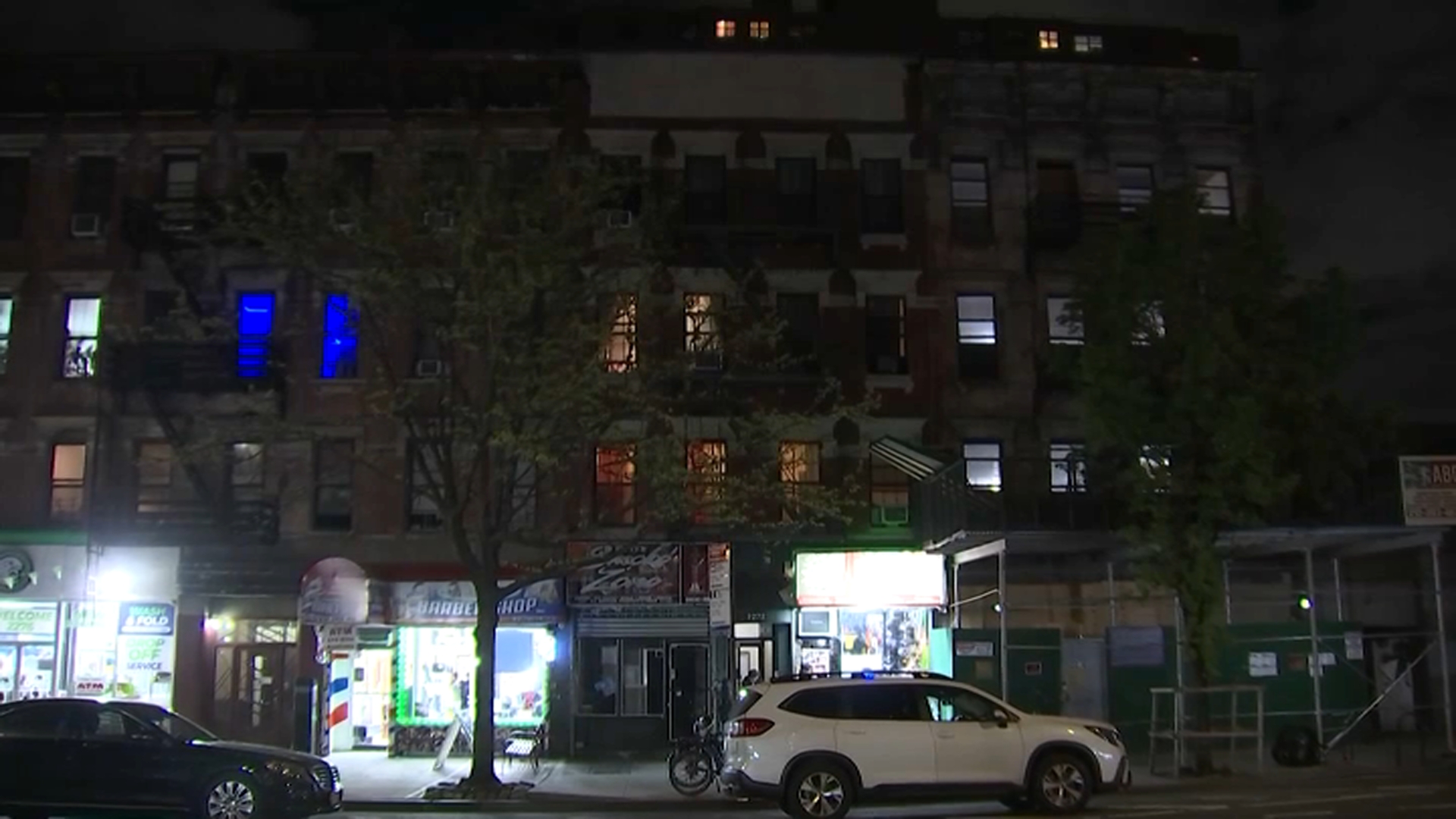What to Know
- New legislation would require the NYPD to detail its surveillance technologies
- The technologies include everything from street cameras to x-ray vans that can peer into nearby vehicles
- The NYPD said the bill will help terrorists and criminals; privacy advocates say residents have the right to know
The NYPD and City Hall pushed back against a bill debated before the New York City Council on Wednesday that would require the police department to reveal details about the surveillance technologies it uses across the city.
The department said divulging information about its programs would provide criminals and terrorists with a roadmap to skirt detection, but privacy advocates want to know what police are doing with their now-ubiquitous electronic eyes.
Stephen Nguyen, of Prospect Heights, is a technology worker. He says it’s a given that if you’re outside in New York City, someone may be watching.
“Everybody has a camera on them at all times,” Nguyen said. “We don’t want to be living a lifestyle where we have to be watched all the time.”
He’s not the only one concerned. On Wednesday, City Council asked top police commanders why the public doesn’t know what happens to the images stored in police databases — from license-plate readers and street cameras to “Stingray” devices that intercept cellphone signals and “Backscatter” vans that use x-rays to peer into vehicles.
“The City Council doesn’t get any of that information,” City Councilwoman Vanessa Gibson said at Wednesday’s hearing.
Local
“The department has repeatedly over the years pushed the limits,” City Councilman Rory Lancman said.
The NYPD pushed back against the bill and its supporters. John Miller, who runs the counter-terrorism unit, and Robert Boyce, the chief of detectives, said the technology foils attacks and stops crimes.
“There is a trend of calling documented, authorized investigations, ‘spying,’” Miller said.
The NYPD said the department deployed license plate readers in New York after the Boston Marathon bombings, when intelligence hinted that the city could be next. They said disclosing details on the technologies could empower terrorists.
“This [bill] threatens to expand on the knowledge that would counter these technologies in a way that is extraordinarily concerning to me,” Miller said.
Still, many New Yorkers insist there needs to be a better balance.
“Big Brother, being looked at all the time, is a bit troubling,” said Kellynn Anastasi of Fort Greene. “Maybe knowing what they do with that information might make me feel better.”
The New York Civil Liberties Union said it may have to take the department to court to get answers.
In a statement to News 4 New York on Wednesday, Mayor de Blasio called the bill “short-sighted overreach.”



